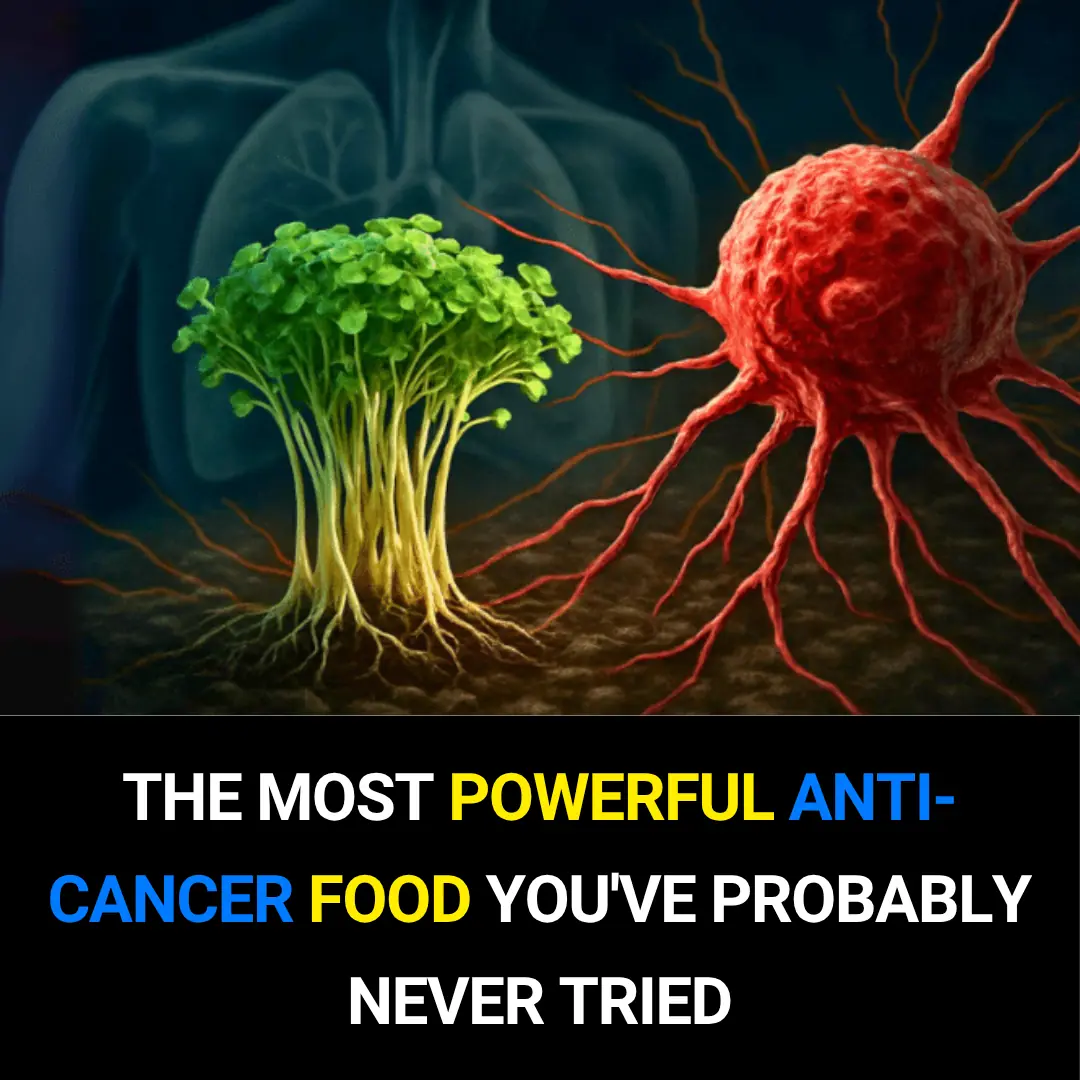
Vitamin K2: The Underrated Nutrient That Protects Your Heart and Arteries
Vitamin K2: The Underrated Nutrient That Protects Your Heart and Arteries
Did you know that a specific vitamin could play a major role in protecting your arteries from harmful calcium buildup? That vitamin is vitamin K2—an often-overlooked but essential nutrient for your cardiovascular and bone health. In this article, we’ll explore how vitamin K2 works, why it’s so important, and which foods are the best sources of it. Let’s dive in!
Vitamin K: Two Types, Two Roles
Vitamin K comes in two main forms:
-
Vitamin K1 (phylloquinone): Found in leafy green vegetables like spinach, kale, and broccoli. It’s best known for its role in blood clotting.
-
Vitamin K2 (menaquinone): Found primarily in animal products and fermented foods. This is the form we’ll focus on, as it plays a vital role in calcium metabolism and cardiovascular health.
Many people are familiar with vitamin K1, but few understand the critical benefits of vitamin K2. What makes K2 so unique is its ability to regulate calcium in the body—guiding it away from soft tissues like arteries and into the bones where it belongs. This action helps prevent arterial calcification, a major risk factor for heart disease.
Best Food Sources of Vitamin K2
While supplements are available, nature offers some excellent whole-food sources of vitamin K2. Here are some of the best:
-
Natto: A traditional Japanese dish made from fermented soybeans. It's one of the richest sources of K2, particularly in the MK7 form.
-
Cheeses: Certain fermented cheeses such as Gouda, Edam, Jarlsberg, and Raclette contain high levels of K2.
-
Animal products: Especially organ meats like beef liver, and fatty parts such as goose leg and chicken thighs.
-
Egg yolks: Preferably from pasture-raised chickens, as they have higher K2 content.
-
Grass-fed butter and sauerkraut also offer a good amount.
Eating a variety of these foods can help you maintain adequate K2 levels naturally—no pills required.
The Role of Calcium and Vitamin D
You might already know that calcium is crucial for bone health, but did you know that without the right supporting nutrients, calcium can end up in the wrong places?
You can get calcium from:
-
Dark leafy greens
-
Dairy products
-
Fortified plant-based milks (like almond or soy milk)
But to ensure calcium is properly absorbed and used by your bones, vitamin D is essential.
The best source of vitamin D is sunlight. However, with modern indoor lifestyles, sunscreen use, and seasonal changes, many people are deficient. This is a problem because without vitamin D, your body struggles to absorb calcium effectively. Worse yet, if excess calcium stays in your bloodstream, it may deposit in your arteries or heart—leading to serious complications such as heart attacks or strokes.
This is where vitamin K2 comes back into the picture. It works synergistically with vitamin D, ensuring that calcium is deposited in the bones, not in the arteries. Think of it as the traffic controller for calcium—telling it where to go and where not to go.
Supplementing with Vitamin K2: What You Should Know
If you’re not getting enough vitamin K2 from your diet, supplements are an option. There are two primary forms:
-
MK-4: Has a shorter half-life, meaning it’s absorbed quickly but doesn't stay in the body for long. Often requires multiple doses per day.
-
MK-7: Has a longer half-life and remains in your system for up to 72 hours. This form is more popular for daily supplementation.
Typical dosages for MK-7 range from 90 to 200 micrograms per day. It’s often paired with vitamin D3, as the two work best together. Be sure to choose vitamin D3 (cholecalciferol) over D2 for better absorption.
When selecting a supplement, quality matters. Look for products that clearly label the form and dosage of both vitamins.
Don’t Forget: Food First
While supplements can help, especially if your diet is lacking or you have specific health needs, whole foods remain the best way to get your nutrients. They come with other beneficial compounds like enzymes, minerals, and fiber that work together to support overall health.
Making small dietary changes—like adding a serving of natto or switching to pasture-raised eggs—can go a long way in supporting your heart and bones naturally.
Summary:
-
Vitamin K2 helps prevent calcium from building up in arteries, reducing the risk of heart disease.
-
It works alongside vitamin D to direct calcium to bones and teeth, where it’s needed.
-
Good dietary sources of K2 include fermented foods like natto, certain cheeses, beef liver, egg yolks, and grass-fed butter.
-
K2 supplements come in two main forms—MK-4 and MK-7, with MK-7 being more commonly recommended for daily use.
-
While supplements can help, getting K2 from whole foods is ideal for long-term health.
Want to support your heart, bones, and overall wellness? Don’t overlook the power of vitamin K2—it might just be the missing link in your nutrition strategy.
News in the same category

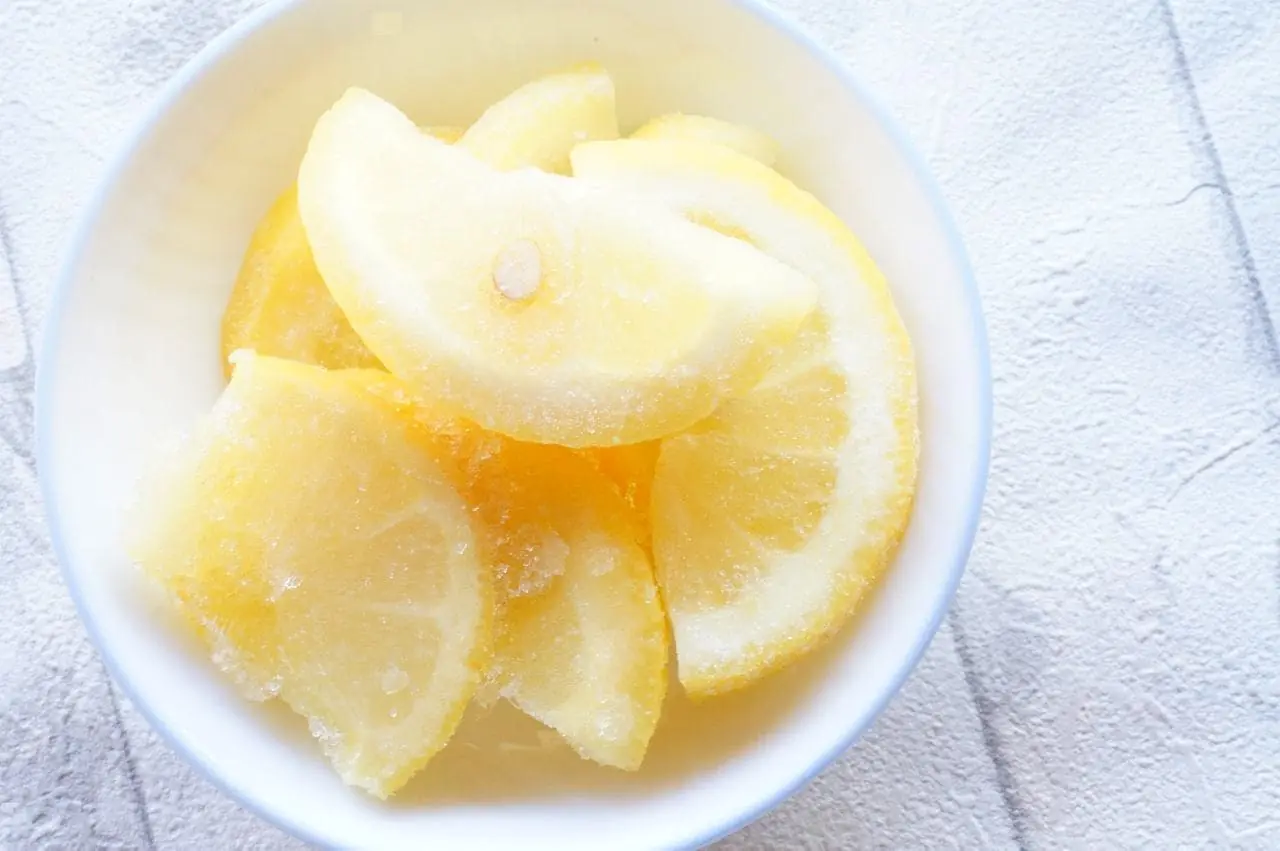
How to Use Frozen Lemon to Help Combat Malignant Tumors in the Body
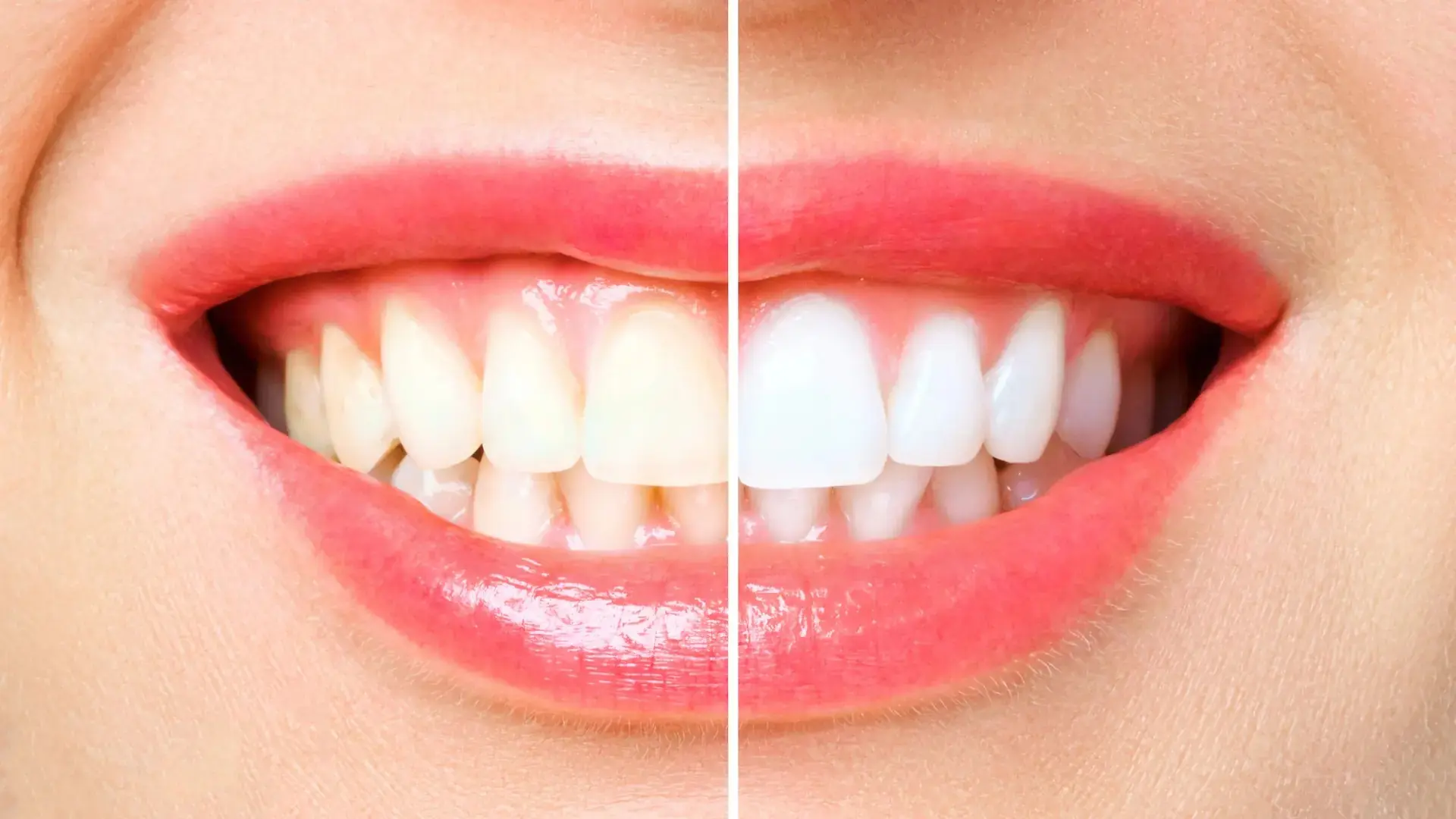
DENTISTS HATE HOW SIMPLE THIS TEETH WHITENING HACK IS

What Happens to Your Body When You Stop Eating
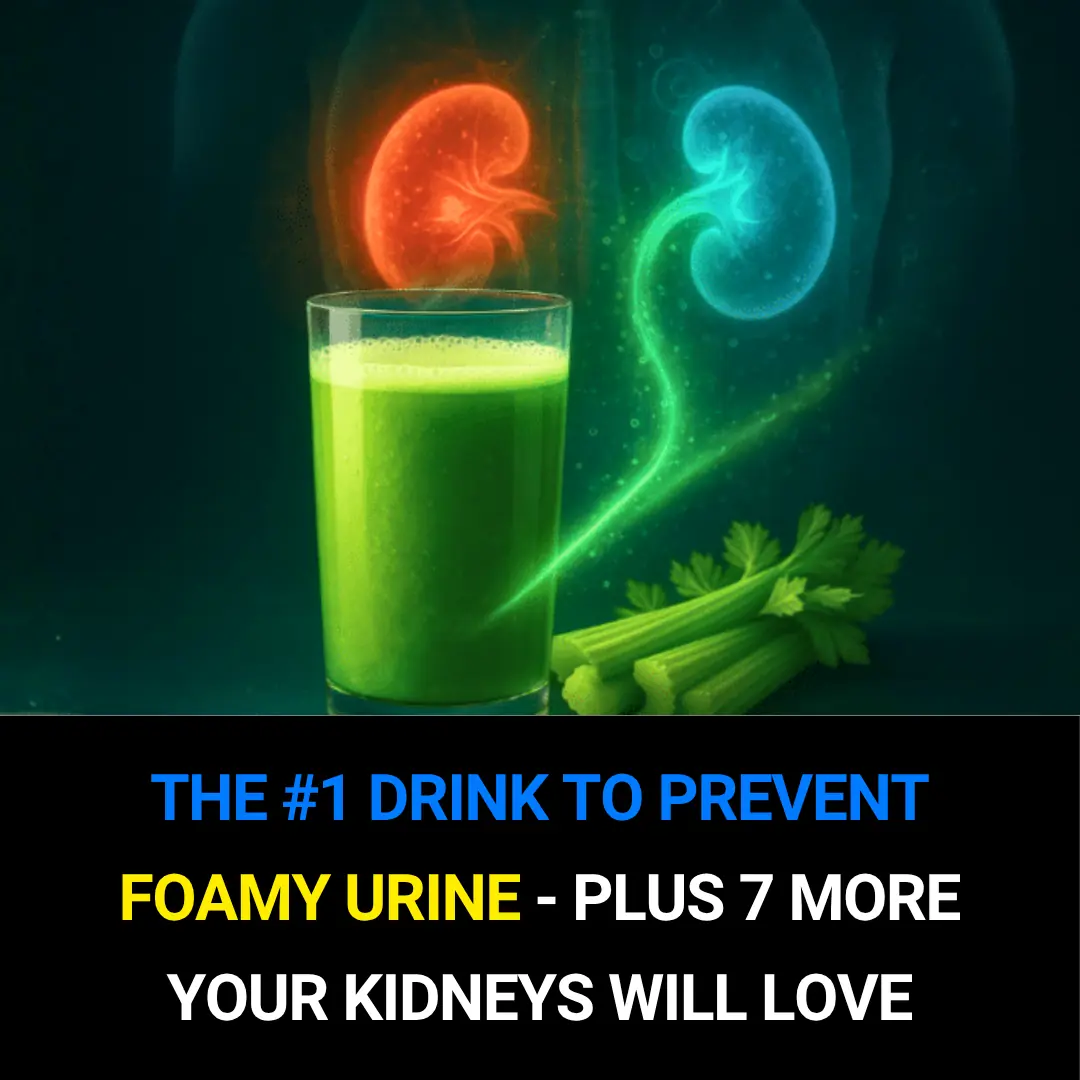
The #1 Drink to Prevent Foamy Urine — Plus 7 More Your Kidneys Will Thank You For
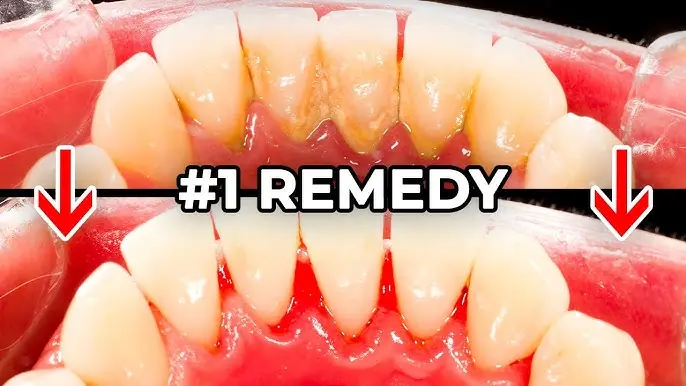
The #1 Most Effective Remedy for Dental Plaque (And How to Beat Tartar at Home)
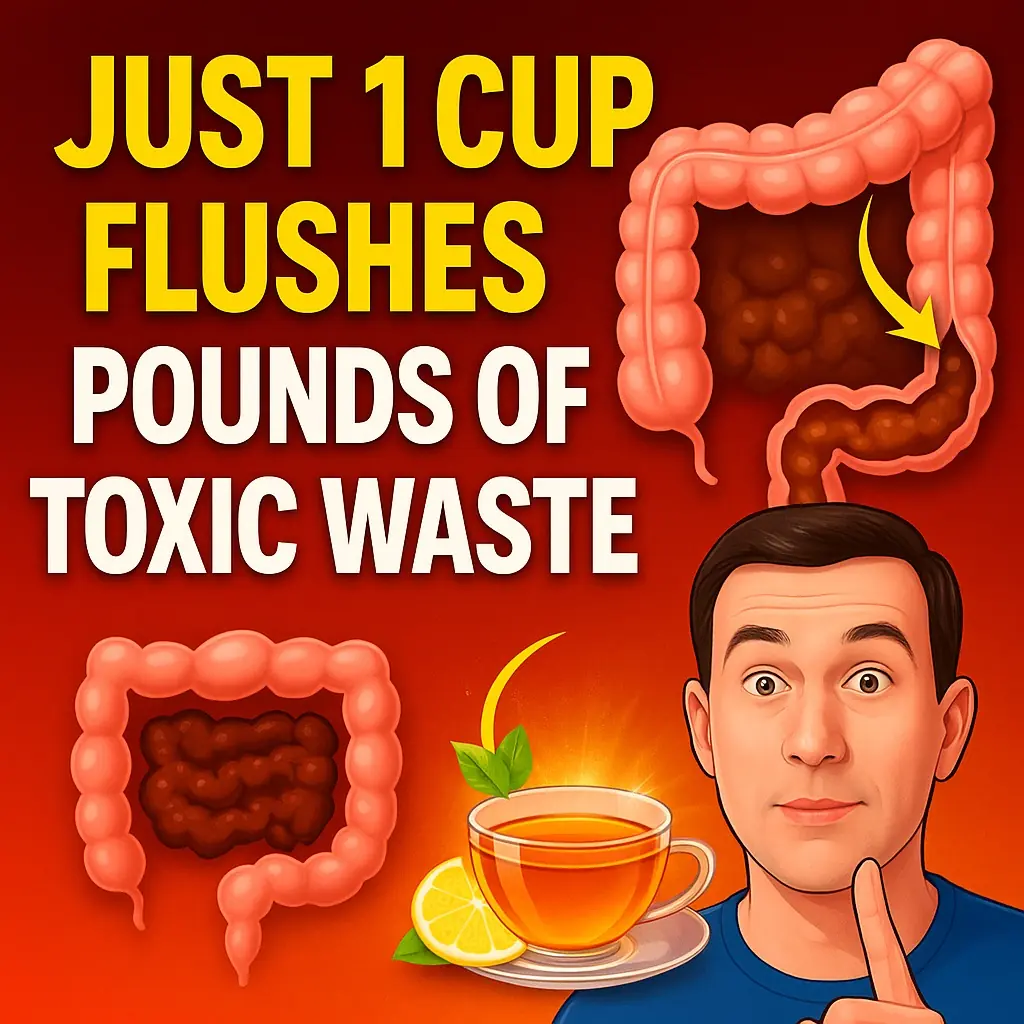
JUST 1 CUP FLUSHES POUNDS OF TOXIC WASTE
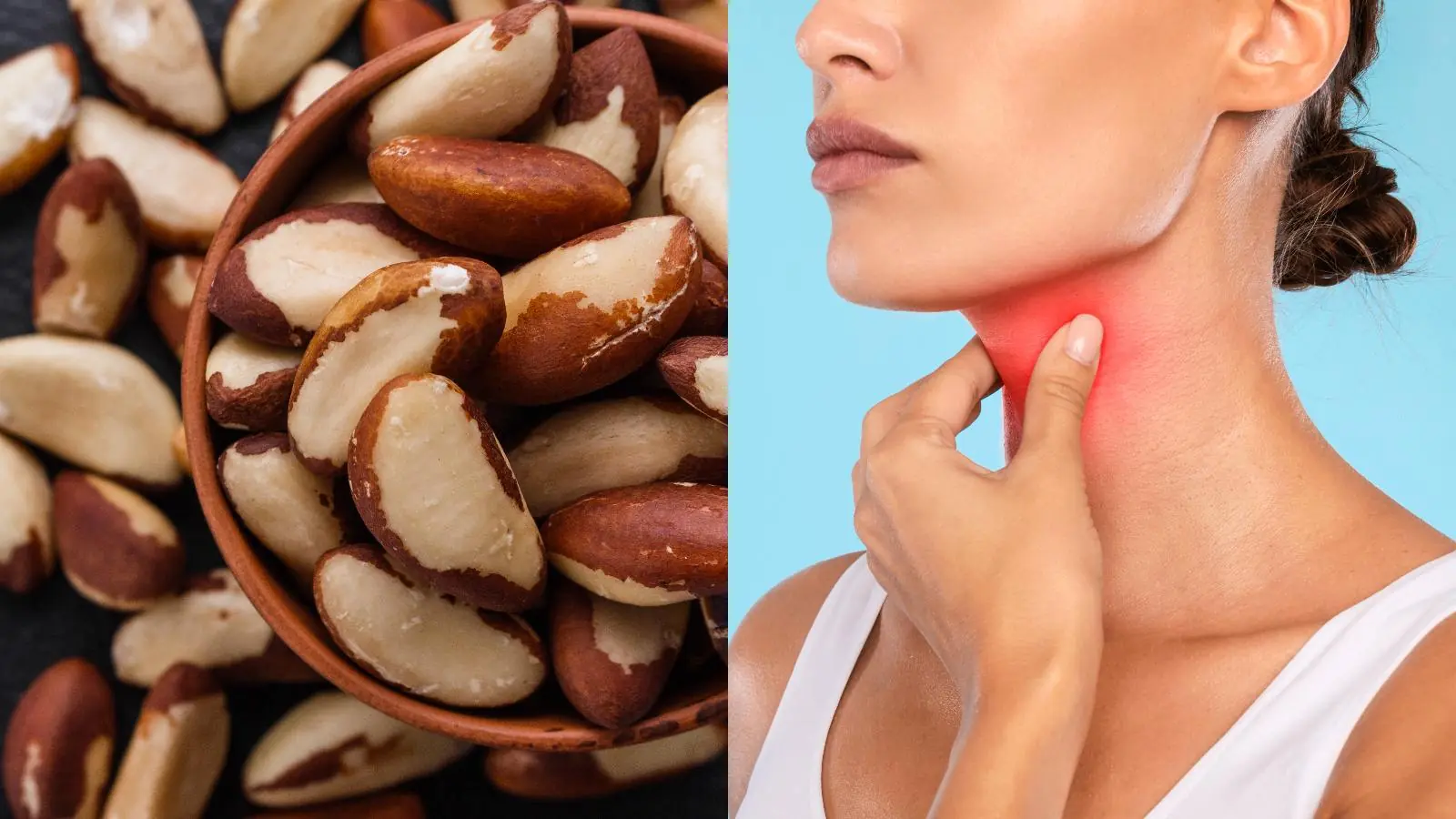
Just 2 Nuts a Day Can Support Your Thyroid, Help With Weight Loss, and Balance Blood Sugar
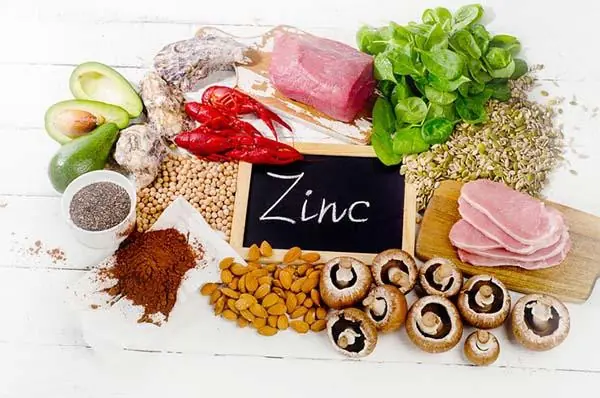
Zinc Deficiency Triggers Inflammation in Your Body — Here’s What to Eat to Fix It
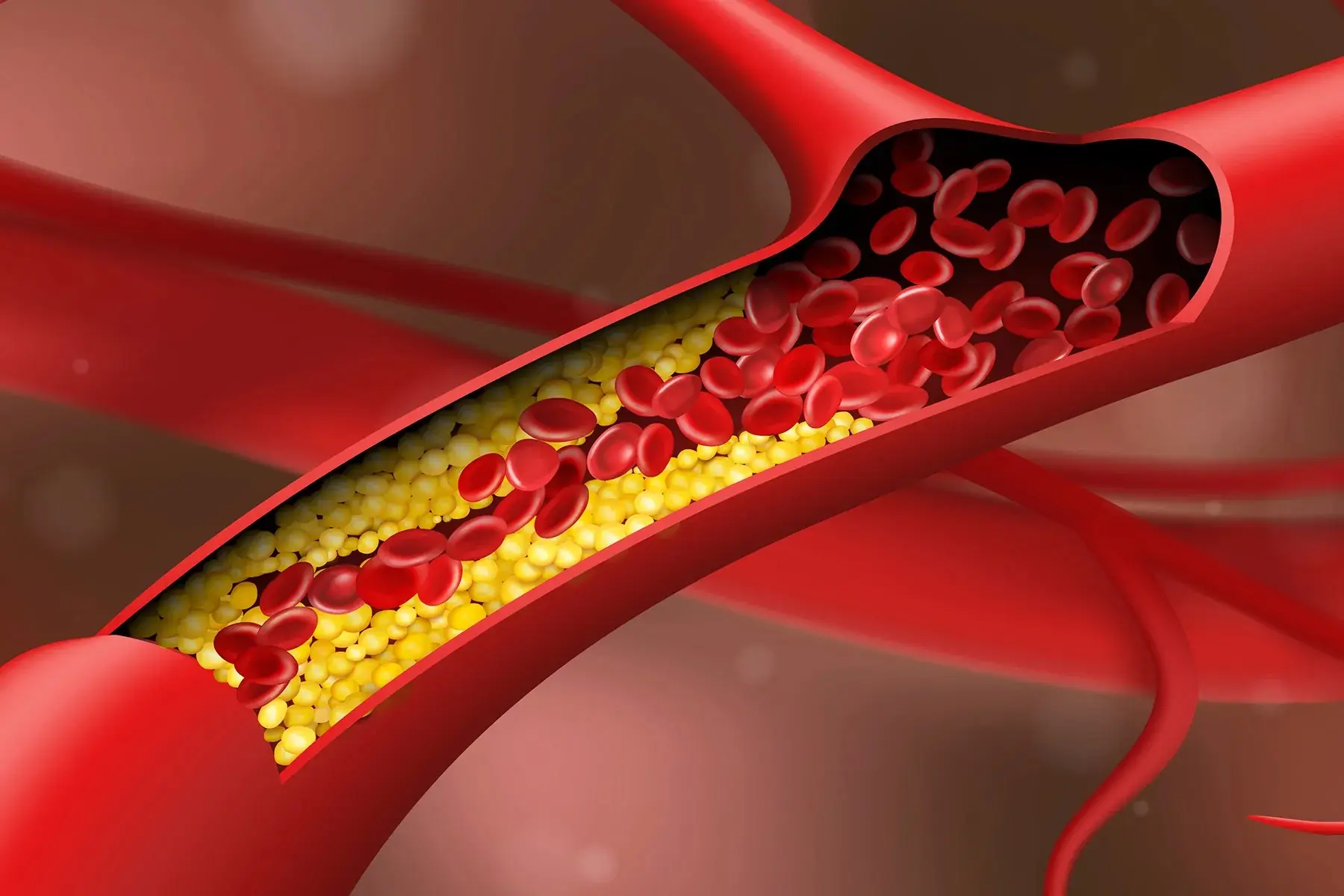
CLEANSE CLOGGED ARTERIES WITHOUT MEDICATION

The #1 Way To Stop Bloating Fast
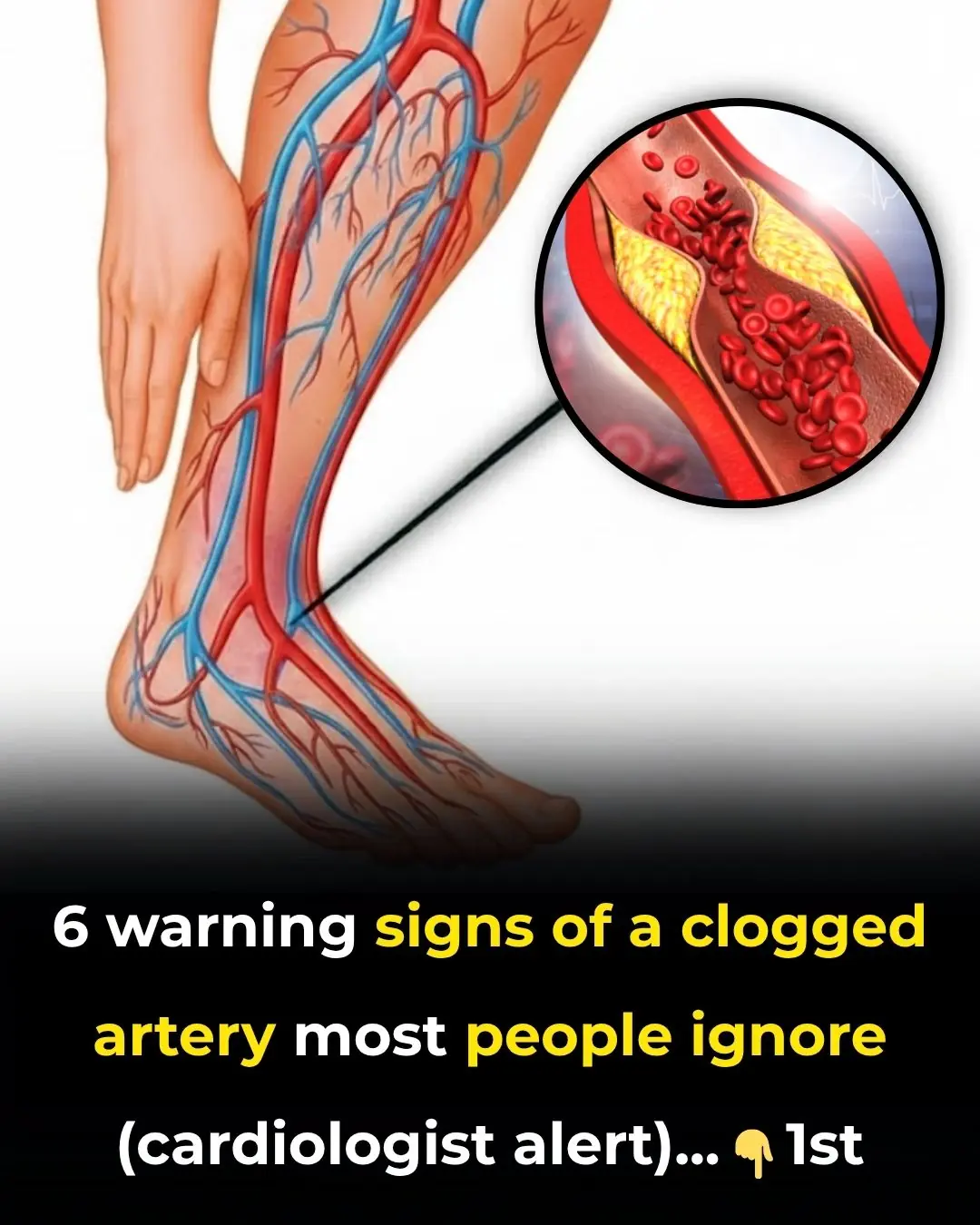
6 warning signs of a clogged artery most people ignore (cardiologist alert)
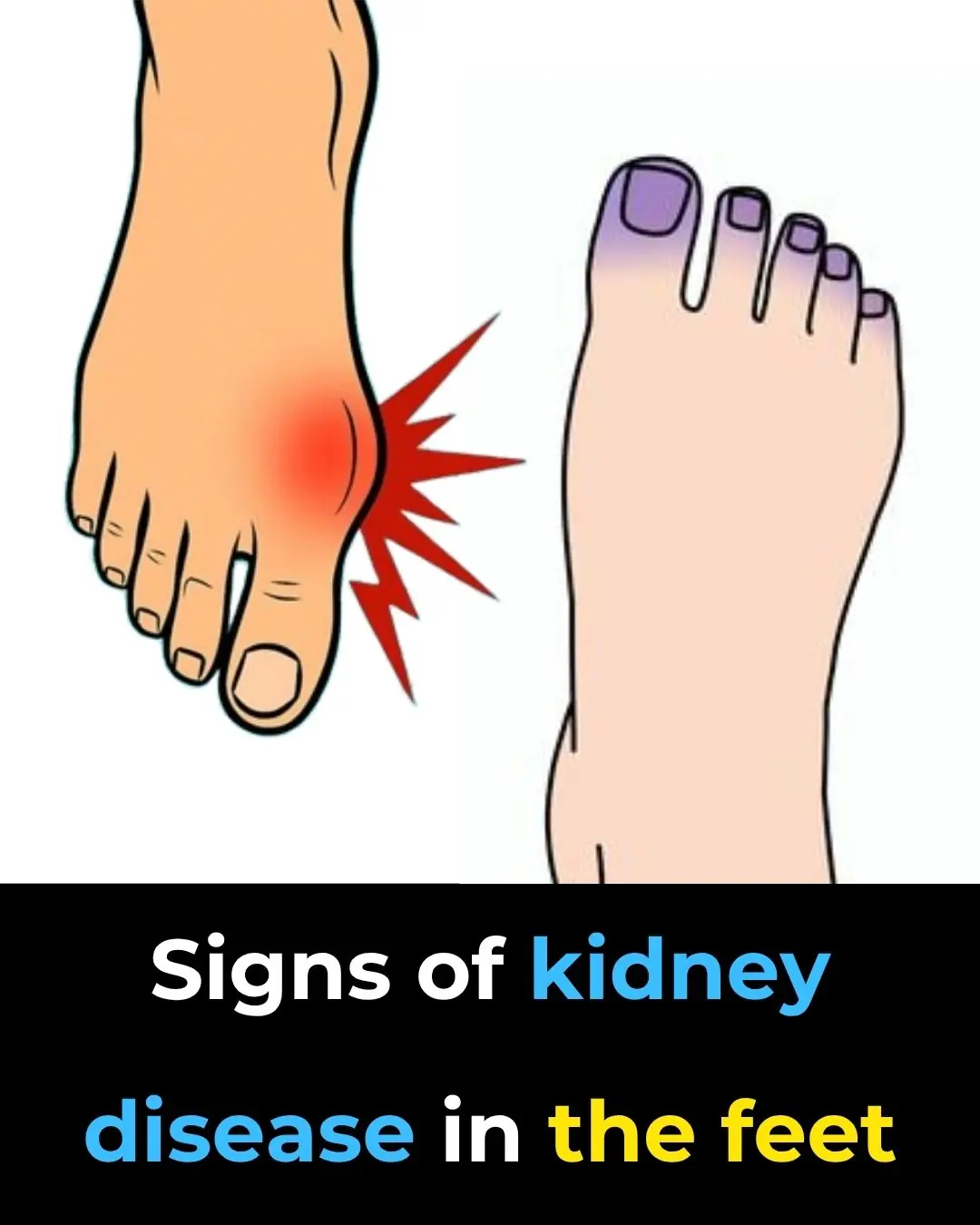
Foot Symptoms That Could Signal Kidney Problems
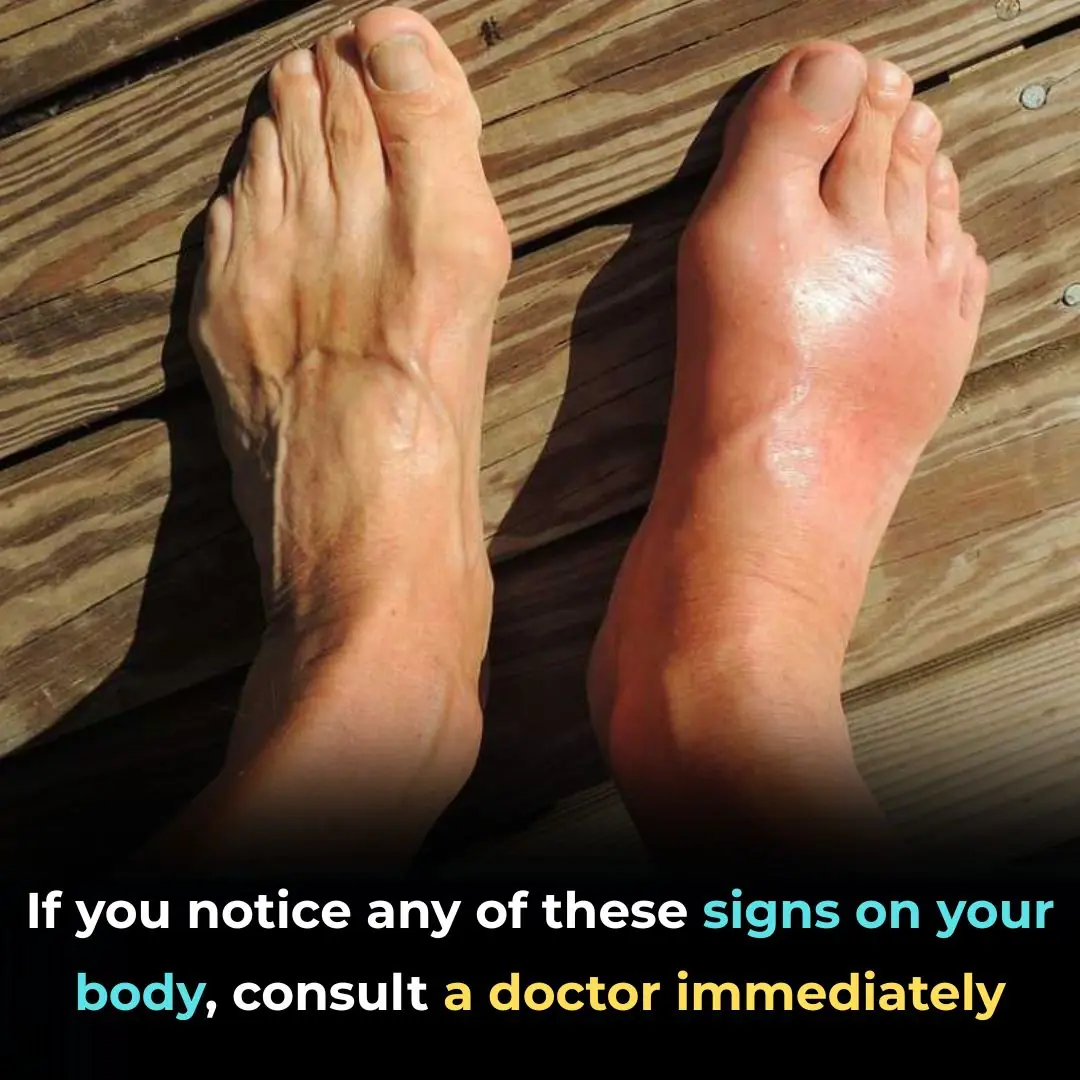
Redness Swelling and Warmth in One Leg

These are the signs that he is...read more
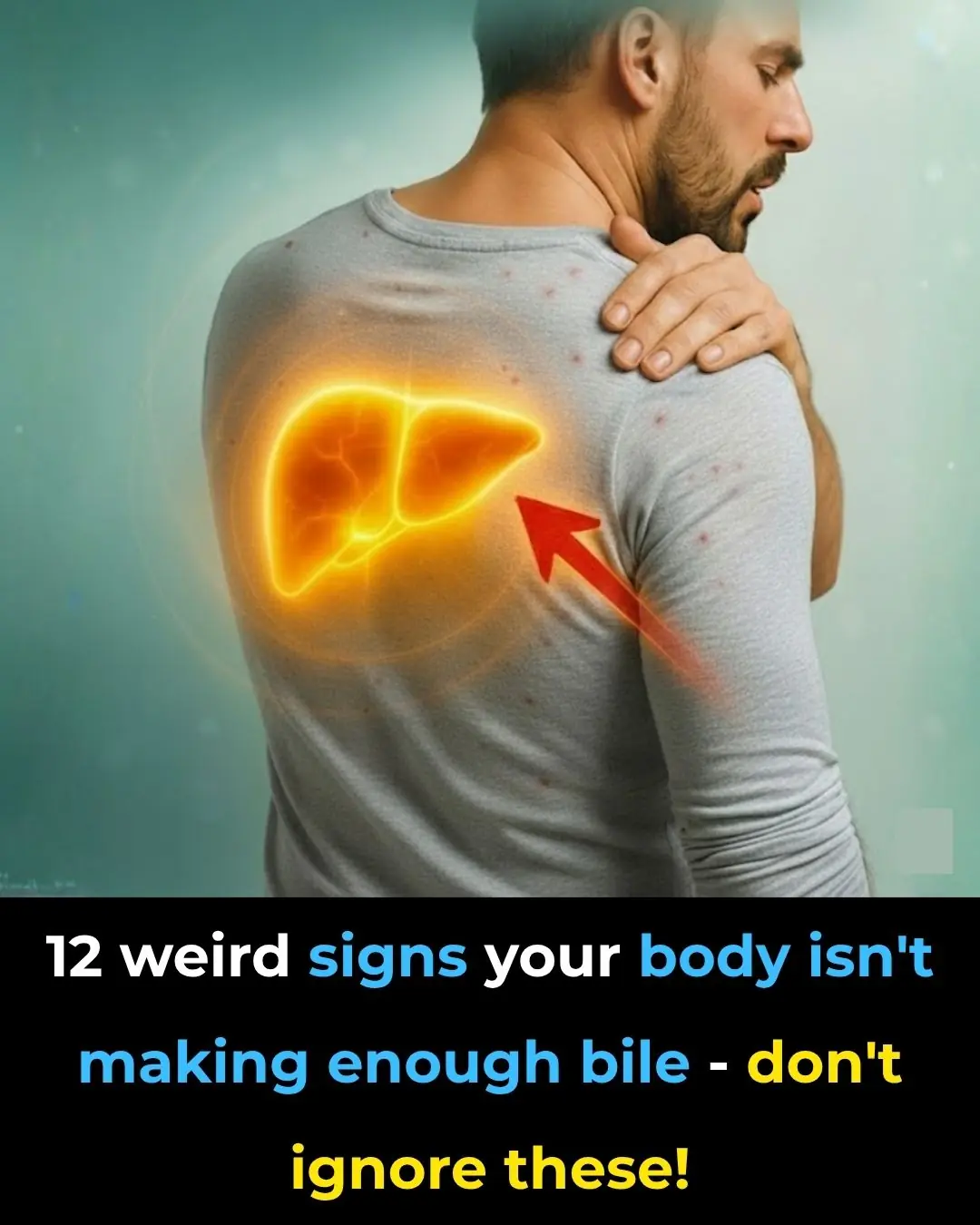
12 weird signs your body isn’t making enough bile—don’t ignore these!
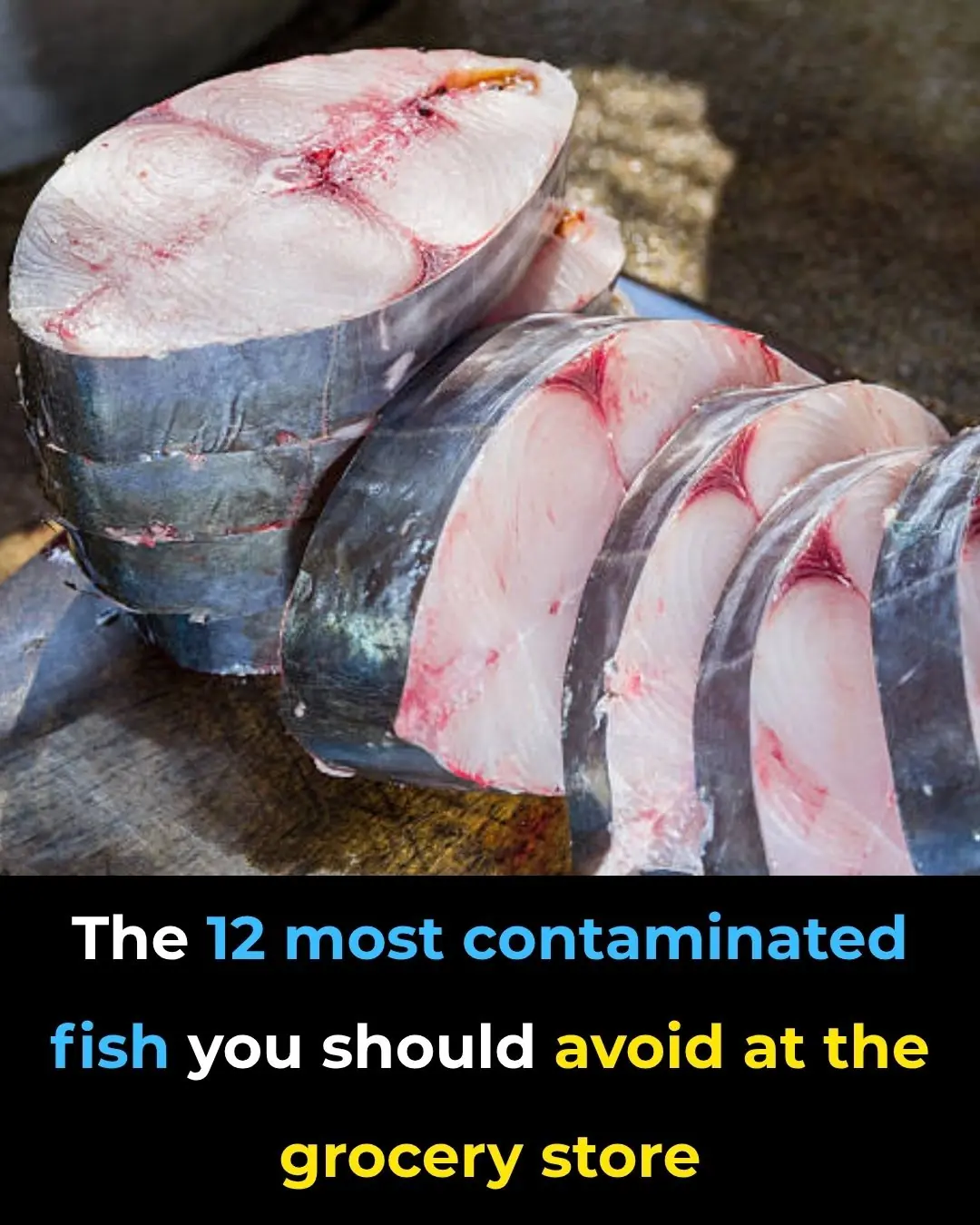
12 Fish Species You Need to Know to Avoid
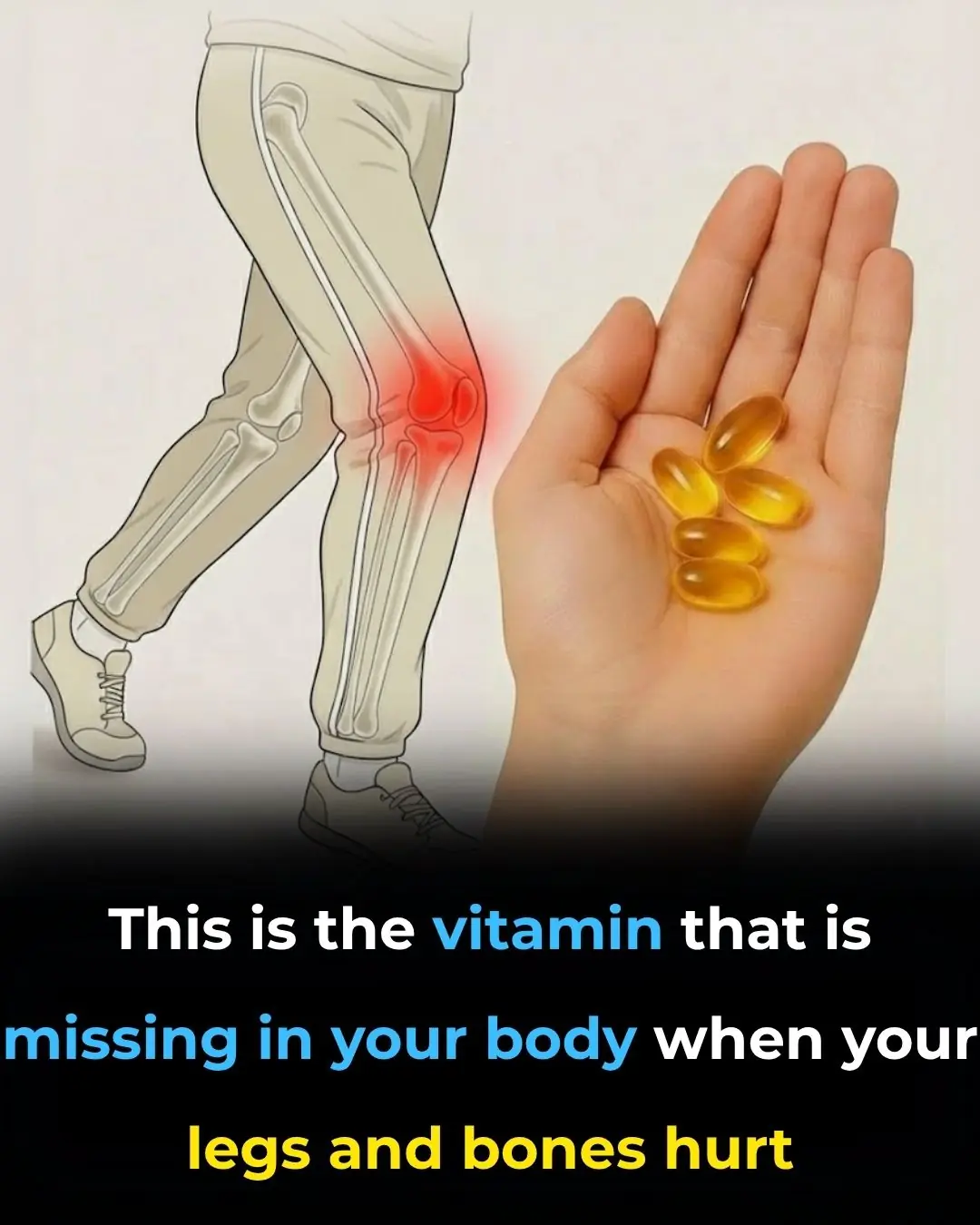
🦴 The Vitamin & Mineral Deficiencies That May Be Behind Leg and Bone Pain
News Post
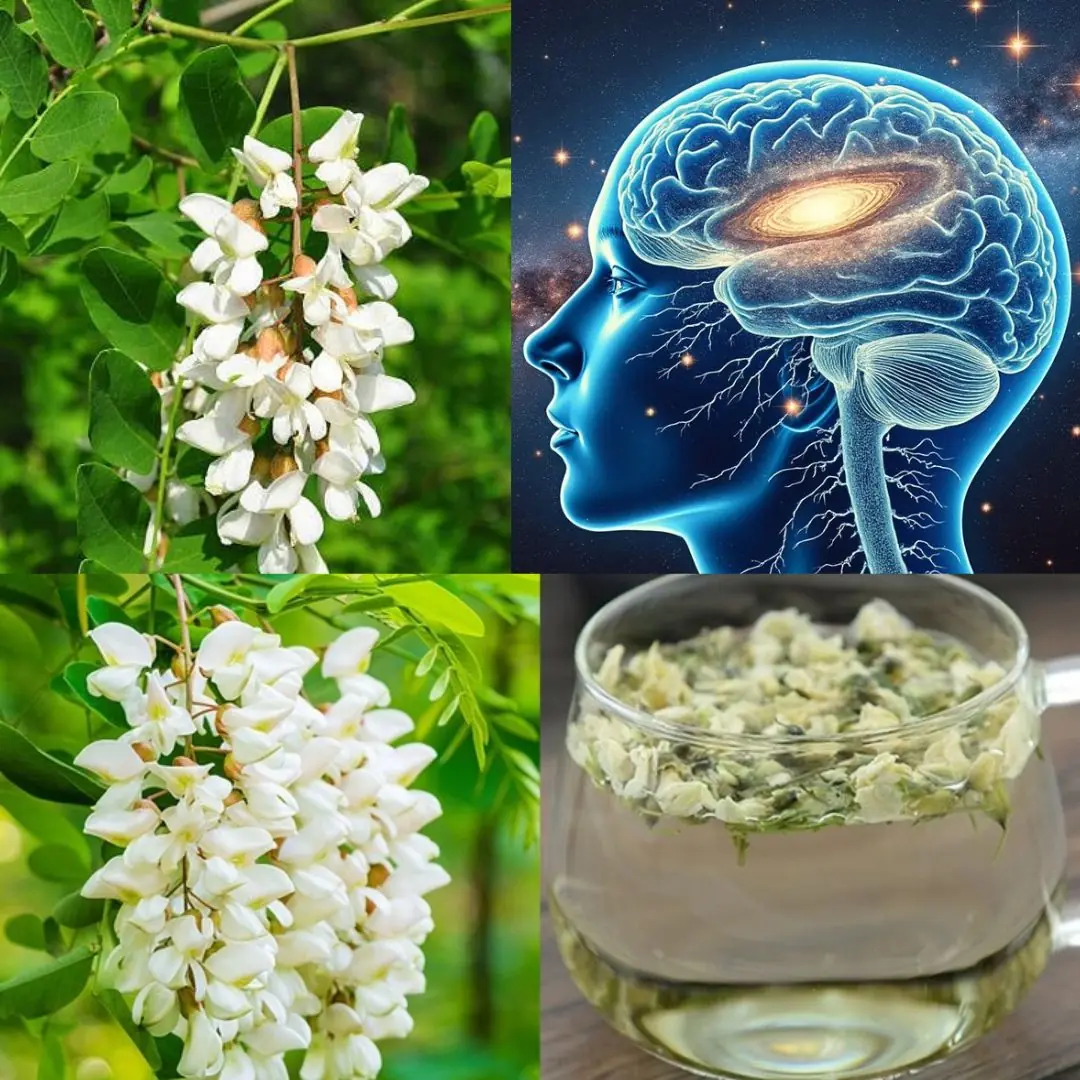
Black Locust (Robinia pseudoacacia): 14 Surprising Benefits and How to Use It at Home

7 Ways to Deal With A Cheating Husband

10 Safest Places to Be if World War III Erupts

‘Jealousy Is a Powerful Emotion’: Cam Newton Says Drake Maye Is Not Top 5 QB. Patriots Fans Accuse Cam Of Hating Because He Failed To Replace Tom Brady

Delta Sigma Theta Co-founder Osceola Macarthy Adams to Receive Historical Marker in Hometown of Albany, GA

Denzel Washington’s ‘Othello’ Makes Broadway History as Highest-Grossing Play Ever

A Girl, a Puppy, and the Arctic: The Enduring Story Behind an Iconic Photograph

The Punch That Turned into a Paw: A Photographer’s Unlikely Moment with a Kangaroo

Tomorrow, a Community Says Goodbye to K9 King: A Four-Legged Hero Who Will Never Be Forgotten

Meet Sister Rosetta Tharpe, The Godmother Of Rock ‘N’ Roll

Daddy’s Girl: A Bond Beyond Time

Tips for freezing tomatoes to eat all year round, the flavor is always fresh and delicious like freshly picked
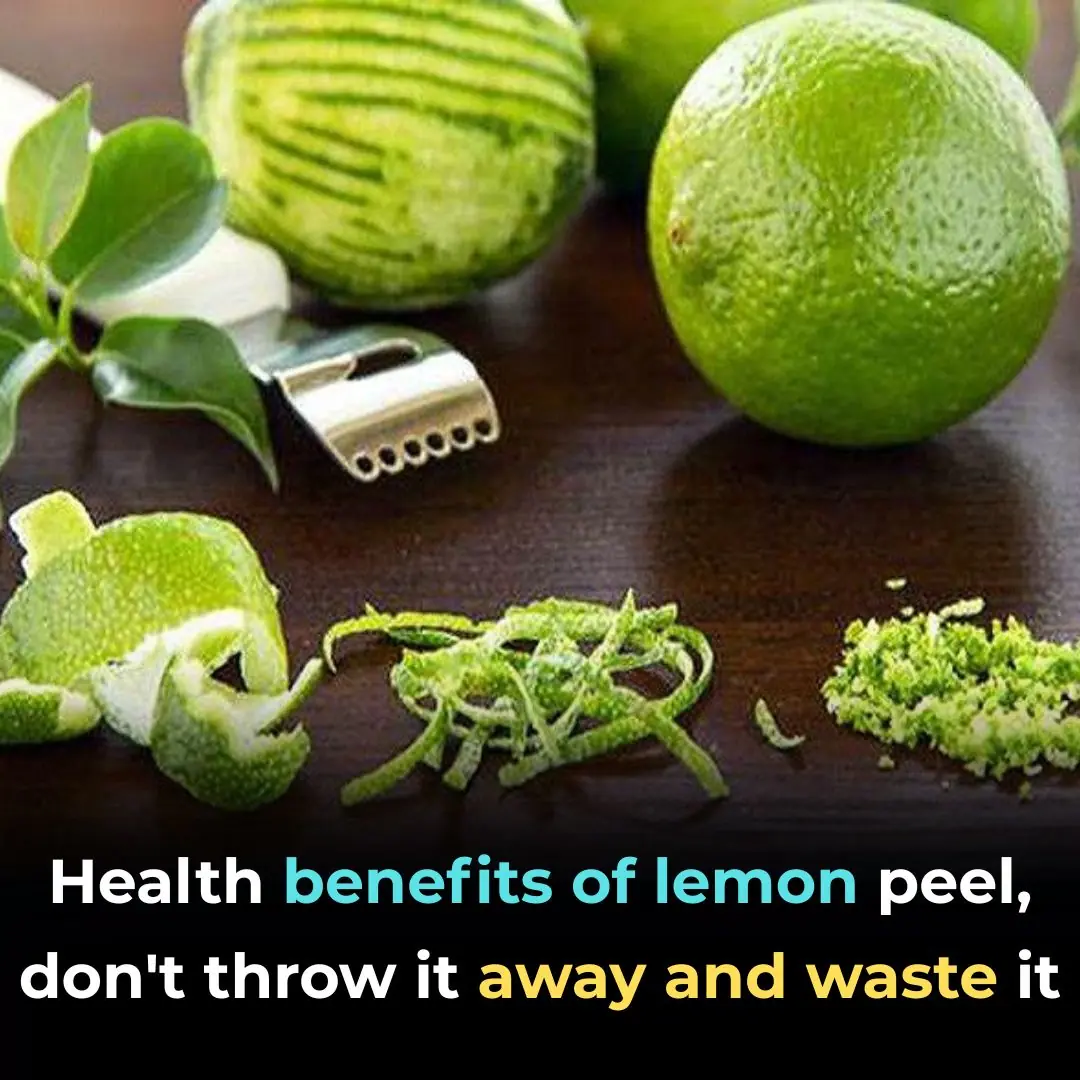
Health benefits of lemon peel, don't throw it away and waste it

Actor Woody McClain to Release New Comic Book Series, ‘The Brotherhood,’ Inspired by the Men in His Family

Coco Gauff Celebrates 21st Birthday With New Balance Sneaker Release Honoring Her Grandmother & Florida Roots

Actively Black Turned NYFW Into Living History

4 effective ways to clean yellow armpit stains on white shirts, making them as white as new
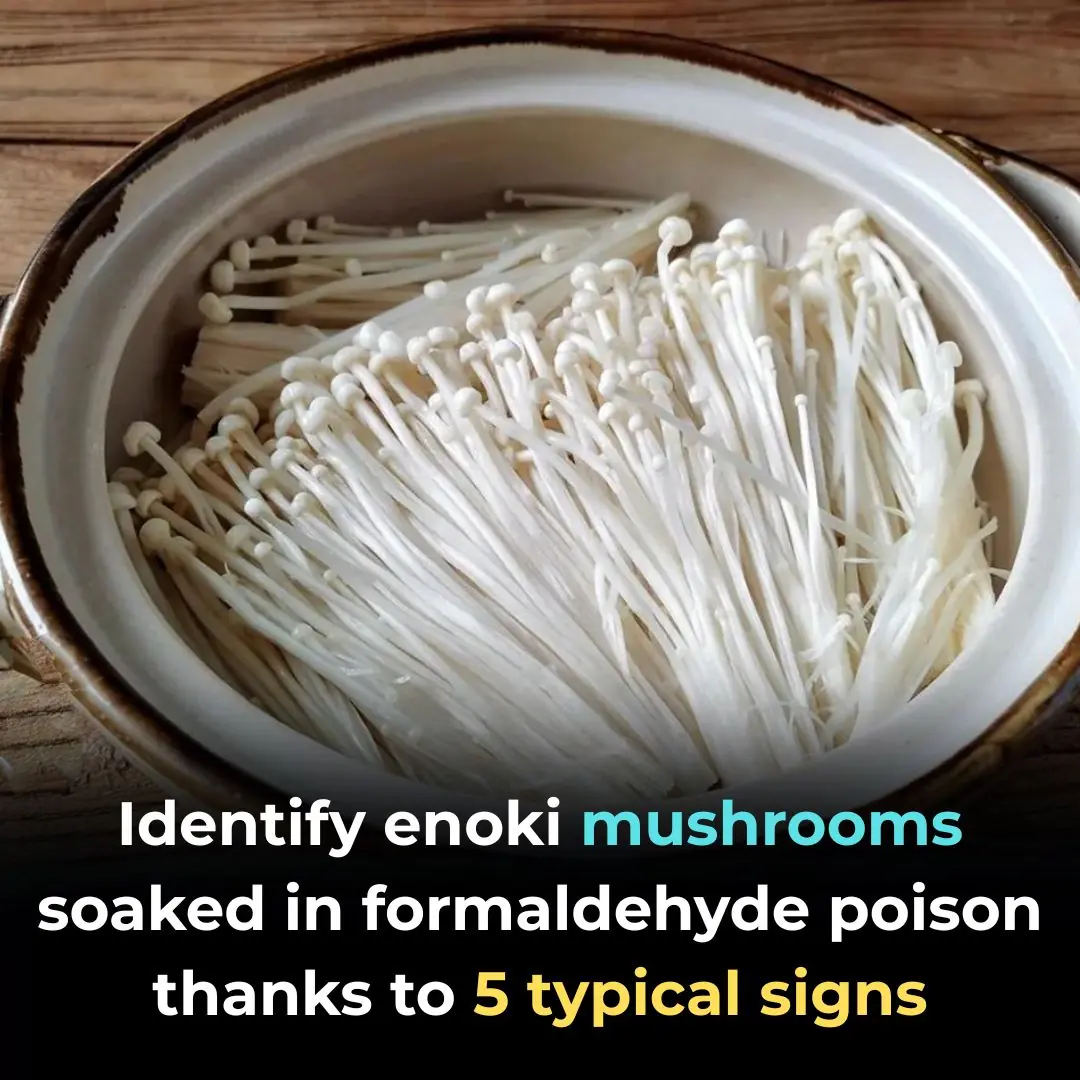
Identify enoki mushrooms soaked in formaldehyde poison thanks to 5 typical signs

8 devices that consume the most electricity, twice as much as air conditioners: Remember to unplug after use, or your bill will skyrocket.
